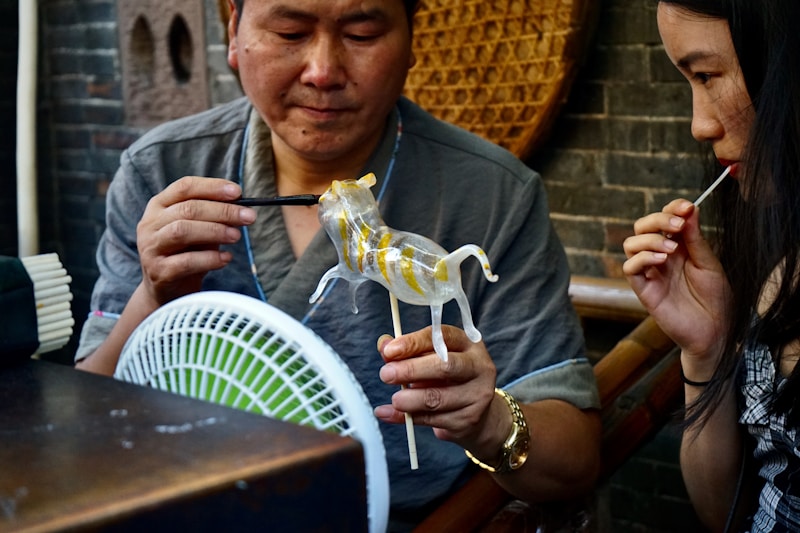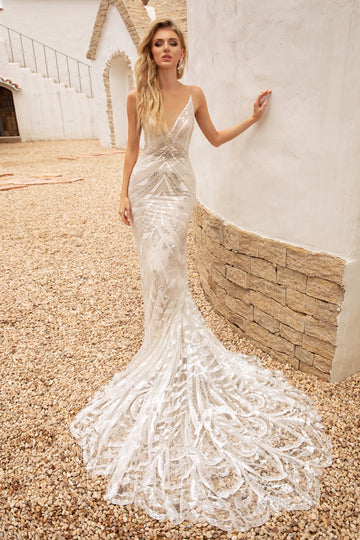Exploring Handmade versus Machine-Made Fabric Textures: Which is Better for Your Needs?
Exploring Handmade versus Machine-Made Fabric Textures: Which is Better for Your Needs?
When it comes to selecting fabrics, one of the most significant debates revolves around handmade versus machine-made fabric textures. Both types offer unique characteristics, benefits, and challenges that can influence your decision. In this article, we will delve into the differences between these two categories, evaluate their pros and cons, and provide insights that can help you make an informed choice for your projects.
The Allure of Handmade Fabrics
Handmade fabrics, often crafted by artisans, typically showcase exceptional quality and individuality. Each piece is unique and often carries design elements that reflect the maker's creativity and craftsmanship.
Advantages of Handmade Fabrics
| Aspect | Benefits |
| Quality | Handmade fabrics often exhibit superior craftsmanship, resulting in higher durability and textures. |
| Uniqueness | No two pieces are alike, allowing for distinctive designs in clothing and home decor. |
| Ethical Considerations | Supporting artisans can promote fair trade and contribute to local economies. |
| Sustainability | Many artisans prioritize eco-friendly methods and materials, reducing environmental impact. |
As you can see, choosing handmade fabrics is not just about aesthetics; it involves considering the quality, uniqueness, ethical considerations, and sustainability. 
The Rise of Machine-Made Fabrics
On the other side of the equation are machine-made fabrics, produced in factories using advanced technology. These materials tend to be more affordable and widely available.
Advantages of Machine-Made Fabrics
| Aspect | Benefits |
| Cost-Effectiveness | Machine-made fabrics are generally cheaper due to mass production. |
| Consistency | The use of machines ensures uniformity in texture and color across large batches. |
| Availability | Machine-made fabrics are easily accessible, often found in various outlets and stores. |
| Variety | With technology advancements, there's a vast range of options in terms of fabric types, colors, and finishes. |
While machine-made fabrics have benefits like affordability and consistency, the personal touch and story behind handmade fabrics cannot be overlooked.
Comparative Analysis: Handmade vs. Machine-Made Textures
The choice between handmade and machine-made fabrics often boils down to the intended use of the materials. Let's break down some key factors to consider:
1. Texture and Feel
Handmade fabrics often feature intricate textures that evoke a sense of warmth and authenticity. The tactile experience can be quite different from the smooth, uniform surfaces of machine-made varieties.
2. Customization
Handmade fabrics can be tailored to specific preferences, allowing for personalized designs that stand out. In contrast, machine-made options can come in standardized patterns and colors, limiting customization opportunities.
3. Environmental Impact
Handmade textiles frequently prioritize environmentally friendly materials and methods, while machine-made textiles may rely on synthetic materials, contributing to pollution. Research and consideration should be given to the lifecycle of the fabric before making a choice.
4. Price Point
Budget plays a pivotal role in this debate. Handmade fabrics typically come at a higher price due to labor intensiveness, whereas machine-made options often fit within a tighter budget.
Popular Uses of Handmade and Machine-Made Fabrics
Understanding how each type of fabric is commonly used can guide your decision-making:
| Fabric Type | Common Uses |
| Handmade | Unique clothing items, artisanal home decor, and special occasion textiles. |
| Machine-Made | Everyday wear, mass-produced home furnishings, and industrial applications. |
Are Handmade Fabrics Worth the Investment?
Investing in handmade fabrics often equates to supporting artisans and their communities. If you value individuality and are shopping for special pieces that tell a story, handmade textiles are a worthy consideration. On the contrary, if you are looking for practicality or mass production, machine-made options could serve your needs better.
Conclusion: Making the Right Choice for You
Ultimately, the choice between handmade versus machine-made fabric textures depends on personal preference, budget, and specific project requirements. Both types have their unique benefits and potential drawbacks. Carefully weigh the factors discussed in this article to determine which fabric type aligns better with your style and needs.
In summary, always consider the purpose of your project and the values that are important to you when selecting fabric. Whether you go for the authenticity of handmade fabrics or the convenience of machine-made options, be mindful of quality, texture, and ethical manufacturing practices.
For more insights on fabric selection, consider exploring options like “eco-friendly fabrics” or “textile sustainability” to broaden your understanding further.
